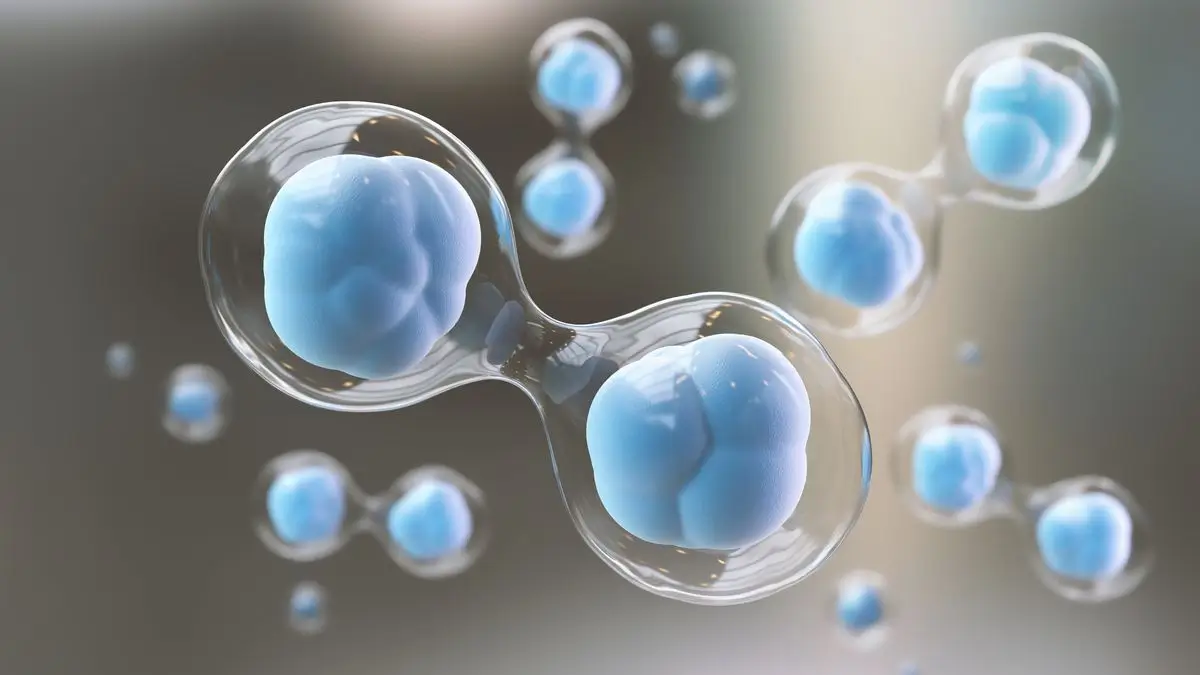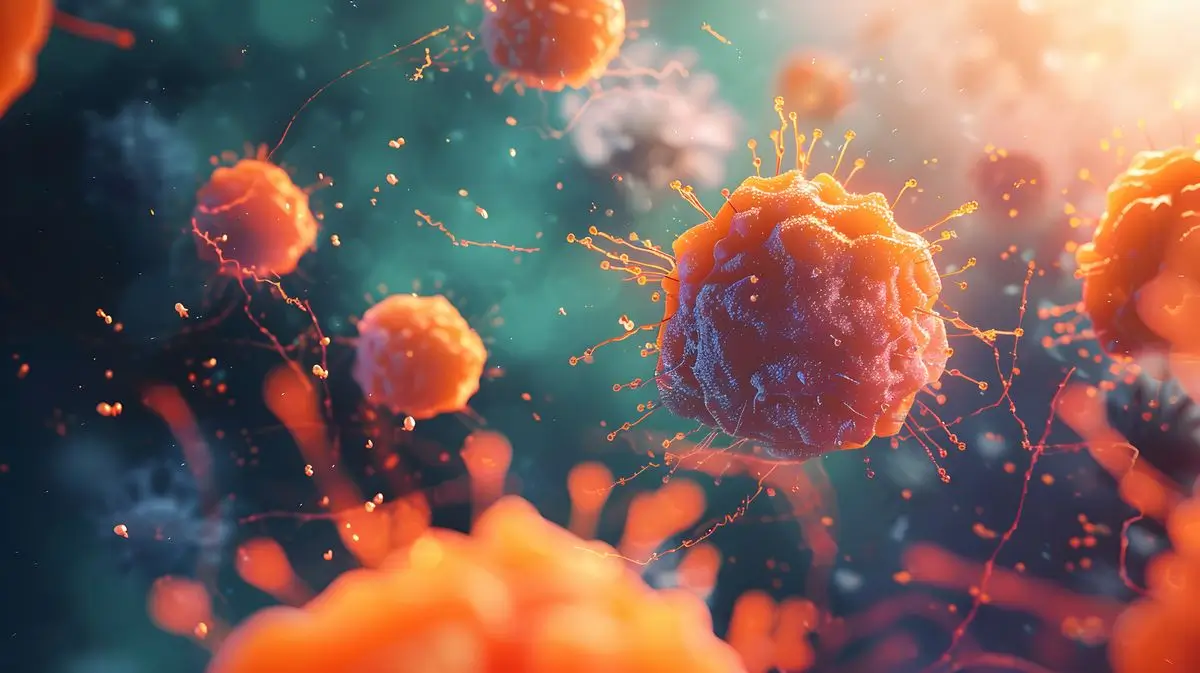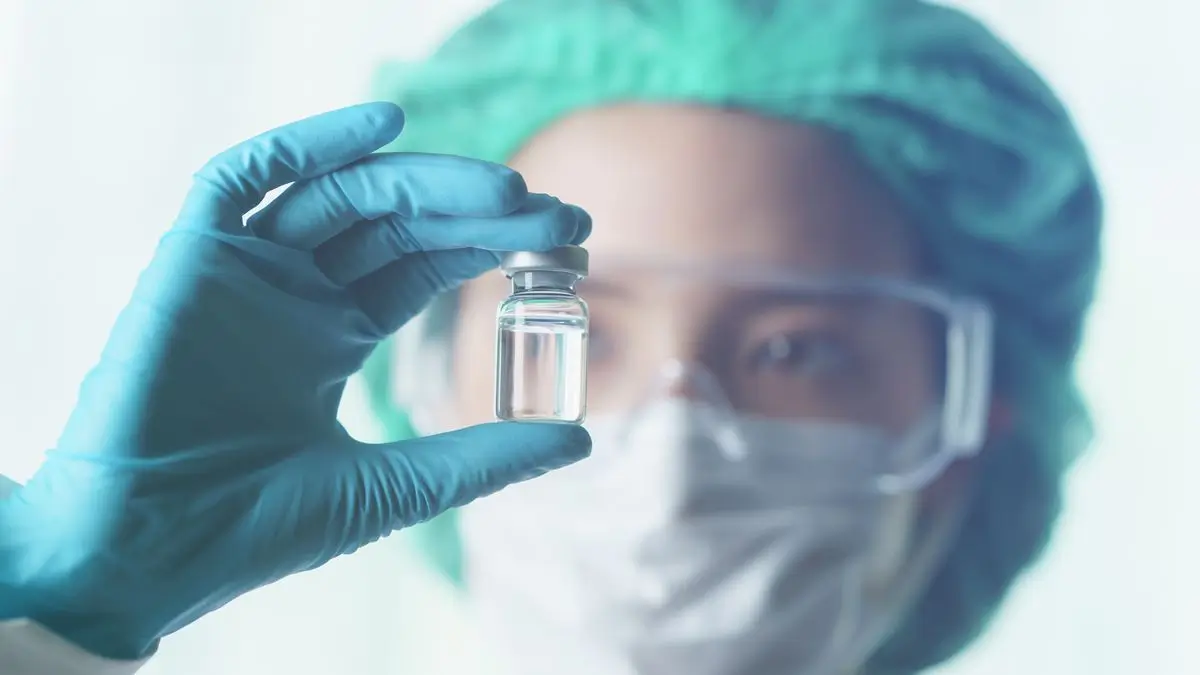At 23C, we utilize cutting-edge regenerative medicine technology to offer three treatment options: stem cell therapy, NK cell therapy, and secretome therapy.
Each of these treatments promotes cell regeneration, repair, and immune enhancement through different approaches, supporting patients in their recovery.
By combining multiple treatments, synergistic effects can be achieved, aiming for higher therapeutic results.
We will propose the most suitable treatment according to each individual’s illness and health condition.
Stem Cell TherapyMesenchymal Stem Cell Therapy

Repairing tissue with the power of cells
and restoring health
Restoring lost functions through the regenerative power of stem cells
Stem cell therapy is a regenerative medical treatment in which mesenchymal stem cells (MSC) are administered to the patient to promote tissue repair and immune regulation.
Stem cells have a self-repair capability that helps regenerate damaged cells and restore cell function that has declined due to aging or disease.
At 23C, we use Wharton’s Jelly-derived mesenchymal stem cells (WJ-MSC) from newborn umbilical cords, which, thanks to their high proliferation and differentiation potential unique to newborn (0-year-old) stem cells, are expected to be effective against a wider range of conditions than conventional methods.
In addition, unlike Japan’s autologous cell therapy, there is no need to collect cells from the patient, as cultured allogeneic stem cells are used, allowing treatment to start in a shorter period.
Promotion of tissue and organ repair/regeneration / Regulation of immune function (inflammation suppression / improvement of autoimmune conditions)
With their regenerative ability, stem cells are expected to help treat joint diseases, neurological diseases, autoimmune diseases, and more.
In particular, their anti-inflammatory and immune-regulating functions make them promising for improving chronic and intractable diseases.
The youth of stem cells determines treatment effectiveness
Wharton’s Jelly Stem Cells
– Stem cells supporting the future of regenerative medicine
Wharton’s Jelly stem cells, collected immediately after birth from the umbilical cord, place no burden on the donor and have near-pluripotent differentiation potential.
With strong proliferative and anti-inflammatory effects, they are expected to be applicable to a wide variety of difficult-to-treat diseases, including neurodegenerative diseases and autoimmune disorders.
In terms of safety, umbilical cord-derived Wharton’s Jelly stem cells have low immunogenicity and are less likely to cause rejection. Side effects are generally mild, such as fever, with almost no long-term complications reported.
NK Cell TherapyNatural Killer Cell Therapy

Harnessing the power of immunity
to fight cancer and viruses
Enhancing NK cells to maximize natural immunity
NK cell therapy is a treatment in which natural killer (NK) cells, a type of immune cell, are cultured and activated outside the body, then reintroduced to fight pathogens and abnormal cells.
By enhancing the NK cells naturally present in our bodies, this approach fights disease using the body’s own immune system without relying on complex drugs. In recent years, it has gained attention as a type of cancer immunotherapy.
Enhanced NK cells patrol the body, detecting and attacking cancer cells and virus-infected cells. Side effects are relatively minimal, making it a safe treatment (some patients may experience temporary fever or fatigue after infusion, but serious adverse events are rare).
Cancer suppression through elimination of abnormal cells / Enhanced immune resistance to viral infections
The broad potential of NK cell therapy
A next-generation treatment to regulate immunity and maintain health
NK cell therapy boosts innate immunity to support overall health.
It can help suppress tumor growth and prevent recurrence as an adjunct to cancer treatment, as well as improve reduced immunity and prevent infections.
The process begins with blood collection to obtain lymphocytes, followed by about 1–2 weeks of cultivation, after which the NK cells are returned via IV infusion. This is a low-burden therapy that can be performed on an outpatient basis.
Secretome TherapySecretome Therapy

An advanced regenerative medicine
that harnesses cell repair ability
A therapy that draws out the cell’s self-repair ability through healing factors secreted by stem cells
Secretome therapy is a new regenerative medicine approach that uses bioactive substances secreted by stem cells (cytokines, growth factors, exosomes, etc.) to enhance cell repair and regeneration.
Since it extracts and administers only the active components from stem cells without transplanting the cells themselves, it has lower risk of immune rejection or tumor formation compared to introducing another person’s cells, making it a safer option.
Additionally, because the process of culturing and managing whole cells is simplified, it is relatively low-cost and less burdensome for the patient, attracting growing attention.
Promotion of tissue regeneration / Suppression of inflammation / Enhancement of immune function / Anti-aging care (mitigation of aging symptoms and cosmetic improvement)
Maximizing the self-repair power of cells
Drawing out regenerative potential while minimizing treatment burden
In secretome therapy, the administered growth factors and cytokines stimulate cell proliferation and tissue reconstruction at damaged sites, while calming excessive inflammatory responses to reduce pain and swelling.
Research into secretome therapy is actively progressing in fields such as joint diseases, neurodegenerative disorders, and aesthetics, with more clinical applications being reported.
It can also be combined with conventional stem cell therapy for synergistic effects — in fact, adding secretome infusion to stem cell IV therapy can improve both immediacy and effectiveness of treatment.